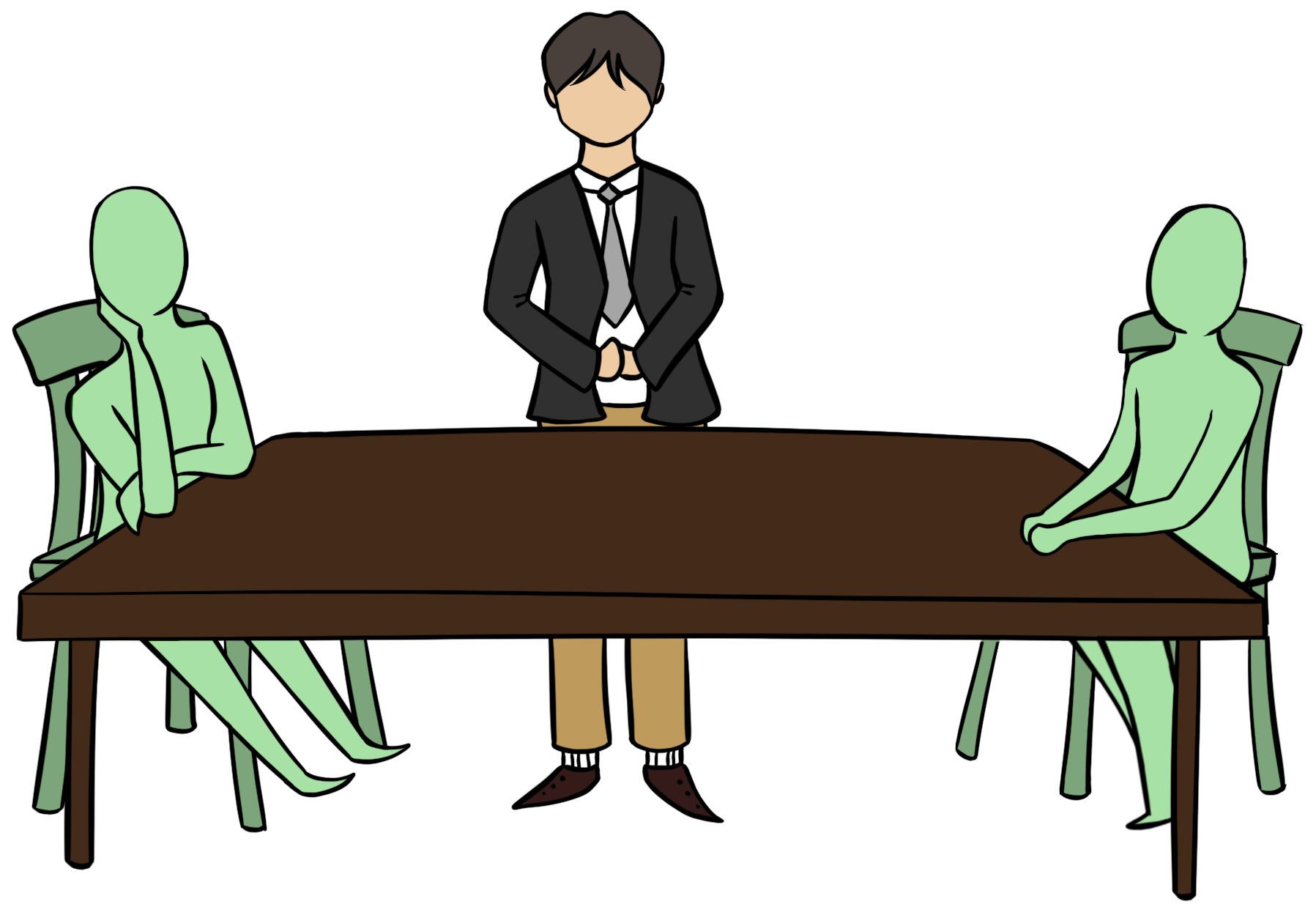The Confederate flag. Threats of nuclear war. Brett Kavanaugh. The national anthem. Marjory Stoneman Douglas. The Trump presidency. The 21st century has brought no lull in controversial events. They populate headlines around the world, demand acknowledgement during school meetings, and ingrain themselves into our everyday discussions and observations. Somehow, their presence slides into an even more prevalent space: the classroom.
In Ethics, I’ve debated the morality of abortion. In Latin, I’ve explored the intent of the national walkout movement. In History, I’ve analyzed Trump’s organization of his advisory board. I welcome these opportunities; truly, I do.

I believe it is important for Deerfield students to communicate rationally and coherently about political events. We live in a politically charged world, and our community should mirror that. The discussions on politics we have teach us how to, as some say, “talk politics.” We are learning to weigh evidence and shape arguments, to deliberate on highly nuanced and complex issues.
Essentially, we are introduced to the process of democracy — the ideals of free speech that this country was built upon. Deerfield’s effort to shape us into globally competent citizens deserves much acknowledgement. A completely different issue arises, however, when teachers become involved in this conversation.
Deerfield, according to its own mission statement, promotes a “reflection and balance in promoting intellectual vitality and self-understanding.” Much of our curriculum is based upon student-led learning, encouraging students to formulate their own opinions and draw their own conclusions from the information learned in class.
We are told that we can be leaders. We are told that we have the power to think originally no matter how youthful or inconsequential we may seem. Our teachers are meant to catalyze this development; their job is to teach us, as students, how to become globally competent citizens in the way that we process information. It is thus, frankly, a disappointment that our teachers would disregard those values in favor of their own inclinations.
Often I have heard my peers remark that they felt their views were attacked by a teacher. Others noted that they felt pressured to support a certain movement or political party. Even more said the blatant preference towards one particular viewpoint discouraged them from expressing their own. There is absolutely nothing wrong with teachers having a strong political view; there is, however, a concern when this view is forced upon students.
It is imperative that teachers walk a fine line when discussing politics in the classroom. Students should be presented with the necessary information without bias or prejudice. It is one thing to state “President Trump’s travel ban targets seven Muslim majority countries” and another to say “Trump is an unworthy president because of his discrimination against Muslim populations” — even if it may be true.
Leave the decision of whether or not Trump is a meritorious president to us. We are smart enough to understand what bigotry signals about a leader. A teacher’s job is not to dictate an opinion but rather to establish the foundation needed to form one. This example applies to many more nuances of modern politics, in which there is often times no clear right or wrong.
Building off from this, it is clear that politics cannot be lectured, in contrast to subjects like Chemistry or European history. Decidedly not black or white, it exists within the ambiguous grey of the in-between. Politics, I propose, if ever talked about, should be in the form of an open discussion. Teachers should serve as regulators and not controllers of dialogue.
On the flip side, it is important that politics are not completely excluded from the classroom. Teachers should not avoid referencing politics at all costs in fear that students may be placed in uncomfortable or sensitive positions. Rather, these positions are where we grow and where we develop as young leaders. More than anything, it is important for teachers to recognize that they should encourage these discussions while being aware that forcing any type of ideal upon us will only harm our striving for global competency.
With the advent of new movements led by fellow teens, our lives are becoming intrinsically linked with politics. The national walkout movement itself is an affirmation that our generation can stand, independent of any organization, and fight for our rights. It signifies our ability to take what we learn from school and reach further. Similar campaigns will only grow in the following years. Thus, there are many questions that we must continue to answer in order to ensure an effective and healthy learning environment: can controversial events ever be used as an educational opportunity? Is it appropriate for teachers to share with students their own political viewpoints?
An educator’s job, put simply, is to teach students how to think and not what to think. This is thus a plea to all teachers, in every sense of the word: uphold this purpose — for the sake of your students.

